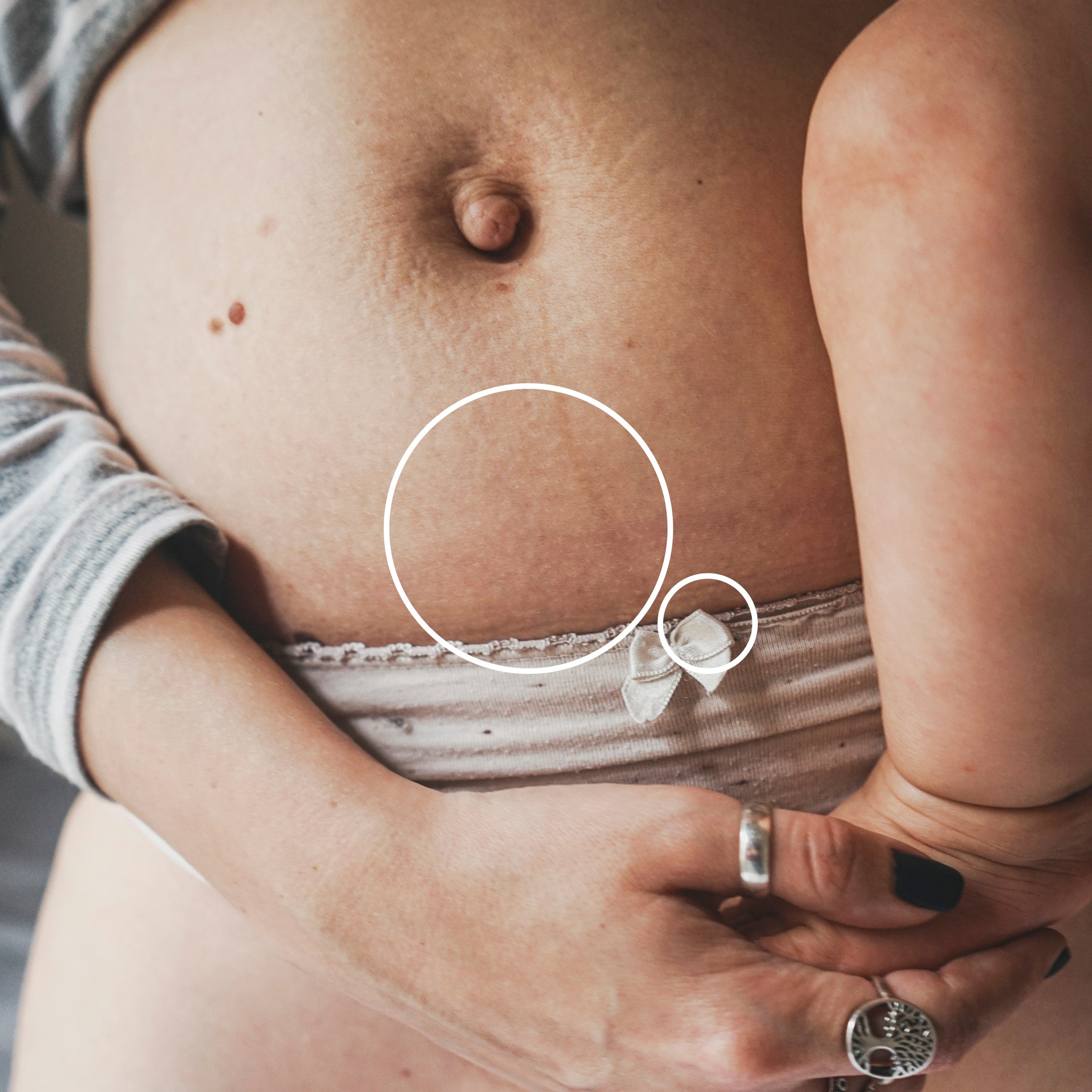
Hello, wonderful new mum (and a nod to the new dad too!)
Firstly, a heartfelt congratulations on welcoming your little one. As you're stepping into this new chapter, remember that while the journey of pregnancy might have concluded, the adventure of motherhood has only just begun.
Welcome to the "fourth trimester". It's a transformative period of bonding, growth, and yes, a few sleepless nights. Let's delve deeper into what this chapter entails for both you and your baby.
Decoding the Fourth Trimester:
The fourth trimester, often overlooked, is a pivotal period post-birth. While your baby is adjusting to the world outside the womb, you're transitioning into motherhood. It's a time of rapid development for your baby and a significant emotional and physical adjustment for you.
Physical Recovery:
Childbirth is a marathon, and your body has done an extraordinary job. Now, it's recuperation time. You might experience postpartum bleeding, soreness, and hormonal shifts. It's essential to give yourself ample time to heal, listen to your body, and seek medical advice if something doesn't feel right.
Navigating Feeding:
Breastfeeding can be a beautiful bonding experience, but it can also come with challenges like latch issues or sore nipples. If you're bottle-feeding, finding the right formula and understanding your baby's feeding cues is crucial. Stay hydrated, maintain a balanced diet, and don't hesitate to consult a lactation expert or paediatrician for guidance.
Sleep's New Rhythm:
With your newborn's sleep patterns being erratic, you might find yourself waking up multiple times at night. While it's challenging, try to rest when your baby does. Consider co-sleeping arrangements or using white noise machines to help your baby (and you) get longer stretches of sleep.
Emotional Waves:
Postpartum emotions can range from overwhelming joy to postnatal depression. It's essential to recognise that mood swings are common due to hormonal changes. However, if feelings of sadness persist, it's crucial to seek professional help. Your emotional well-being directly impacts your ability to care for your baby.
Bonding with Baby:
This isn't just about feeding and nappy changes. It's the gentle lullabies, the skin-to-skin cuddles, and even the simple act of gazing into your baby's eyes. These moments help in building a secure attachment, crucial for your baby's emotional development.
Building Your Support Network:
Having a robust support system can be a game-changer. Whether it's joining a new mums' group, leaning on family and friends, or seeking professional advice, surround yourself with positive and helpful influences. Remember, it's okay to ask for help.
Time for You:
Amid the whirlwind of new motherhood, it's easy to forget yourself. Carve out "me-time", even if it's just a few minutes. Read a book, have a warm bath, or simply enjoy a cup of tea. These moments can help you recharge and return to your baby with renewed energy.
Gentle Movement:
Postnatal exercises, when done correctly, can aid in physical recovery and boost your mood. Start with gentle pelvic floor exercises and gradually incorporate activities like walking or postnatal yoga. Always consult your healthcare provider before starting any exercise regimen.




